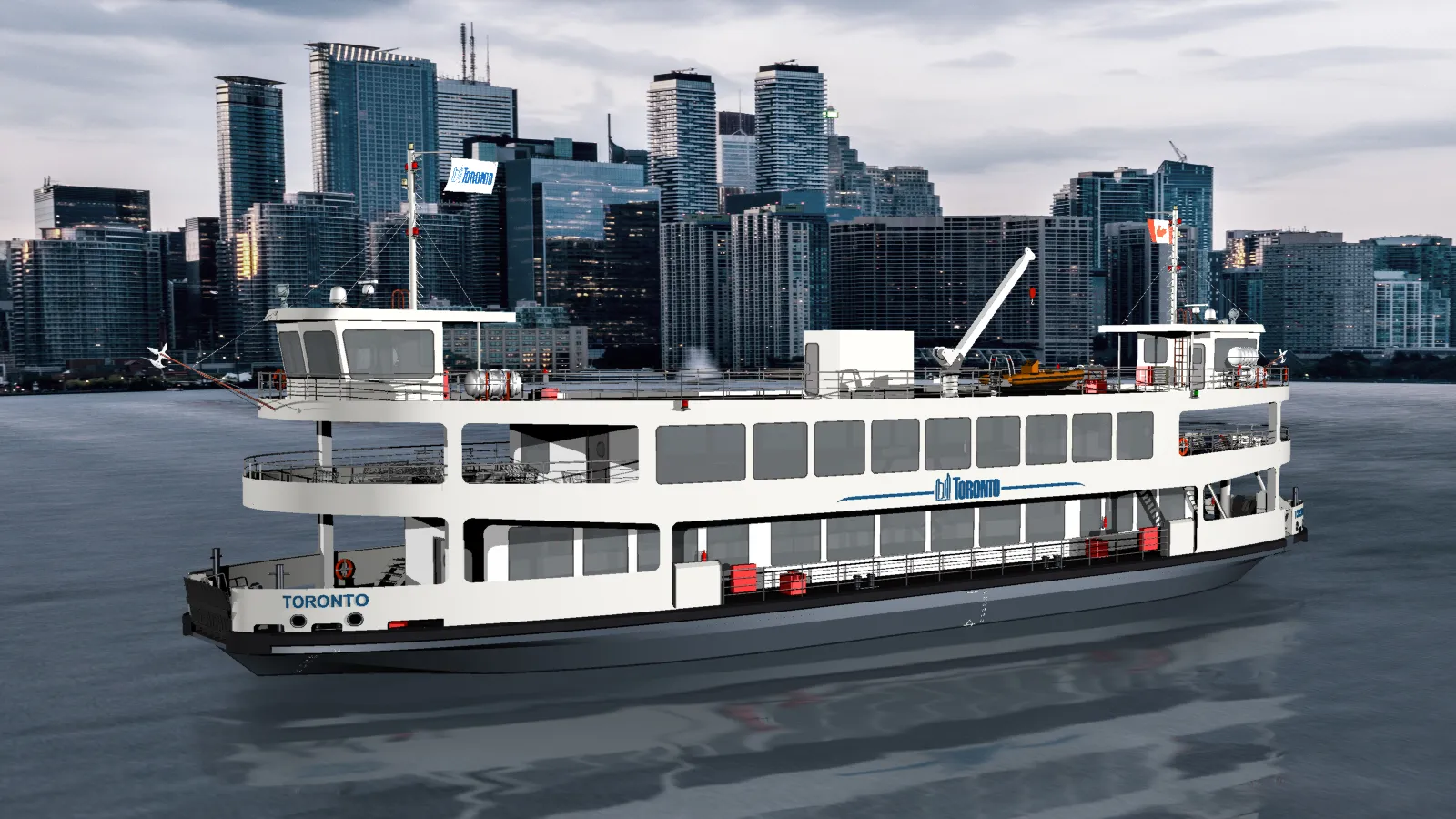Closer running to increase the frequency of train services, alongside investment in new railway infrastructure, are recommendations to boost UK rail capacity in the new report by the Institution of Mechanical Engineers and the Transportation Research Laboratory (TRL).
The report, Increasing capacity; putting Britain’s railways back on track, makes recommendations to meet growing rail passenger demand, which is forecast to double by the 2040s. The Institution of Mechanical Engineers and TRL are offering s
January 4, 2017
Read time: 2 mins
Closer running to increase the frequency of train services, alongside investment in new railway infrastructure, are recommendations to boost UK rail capacity in the new report by the 5025 Institution of Mechanical Engineers and the Transportation Research Laboratory (TRL).
The report, Increasing capacity; putting Britain’s railways back on track, makes recommendations to meet growing rail passenger demand, which is forecast to double by the 2040s. The Institution of Mechanical Engineers and TRL are offering sustainable solutions for the challenges to ease crowding, improve punctuality, and unlock capacity.
The new report highlights changes already being implemented and makes four key recommendations for the rail industry and Government to further increase the UK railway capacity urgently:
It recommends speeding up new technologies already being worked on and pioneering closer-running to increase the frequency of train services and fast-track the development of secure train-to-train communication systems.
The report also proposes implementing the solutions already developed and making the most of technology like REPOINT for more reliable, quicker-operating sets of points and SUSTRAIL for faster freight.
It also suggests creating the next batch of new solutions, particularly post-Brexit, and ramping up British R&D investment to replace EU funding for new solutions, coupled with stimulation of matched private sector commitment to create better UK railways.
It calls for investment in the delivery of known solutions to relieve bottlenecks, including building new railway infrastructure for capacity (new high speed lines, electrification, local connectivity) and other well-proven techniques like flyovers and shorter signalling sections.
According to the report, the UK railway system carries more than twice as many passengers as 20 years ago; passengers per km have increased by 116 per cent and freight tonnage per km 34 per cent. Rail passenger demand is predicted to double again by the 2040s.
The report, Increasing capacity; putting Britain’s railways back on track, makes recommendations to meet growing rail passenger demand, which is forecast to double by the 2040s. The Institution of Mechanical Engineers and TRL are offering sustainable solutions for the challenges to ease crowding, improve punctuality, and unlock capacity.
The new report highlights changes already being implemented and makes four key recommendations for the rail industry and Government to further increase the UK railway capacity urgently:
It recommends speeding up new technologies already being worked on and pioneering closer-running to increase the frequency of train services and fast-track the development of secure train-to-train communication systems.
The report also proposes implementing the solutions already developed and making the most of technology like REPOINT for more reliable, quicker-operating sets of points and SUSTRAIL for faster freight.
It also suggests creating the next batch of new solutions, particularly post-Brexit, and ramping up British R&D investment to replace EU funding for new solutions, coupled with stimulation of matched private sector commitment to create better UK railways.
It calls for investment in the delivery of known solutions to relieve bottlenecks, including building new railway infrastructure for capacity (new high speed lines, electrification, local connectivity) and other well-proven techniques like flyovers and shorter signalling sections.
According to the report, the UK railway system carries more than twice as many passengers as 20 years ago; passengers per km have increased by 116 per cent and freight tonnage per km 34 per cent. Rail passenger demand is predicted to double again by the 2040s.









